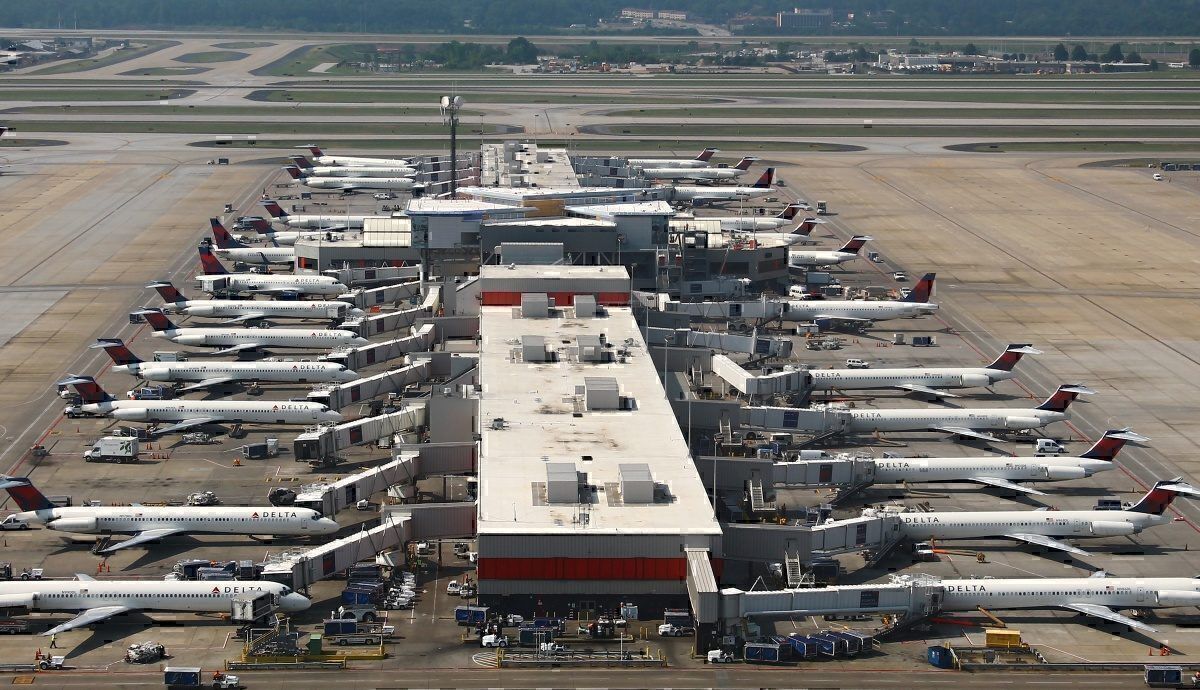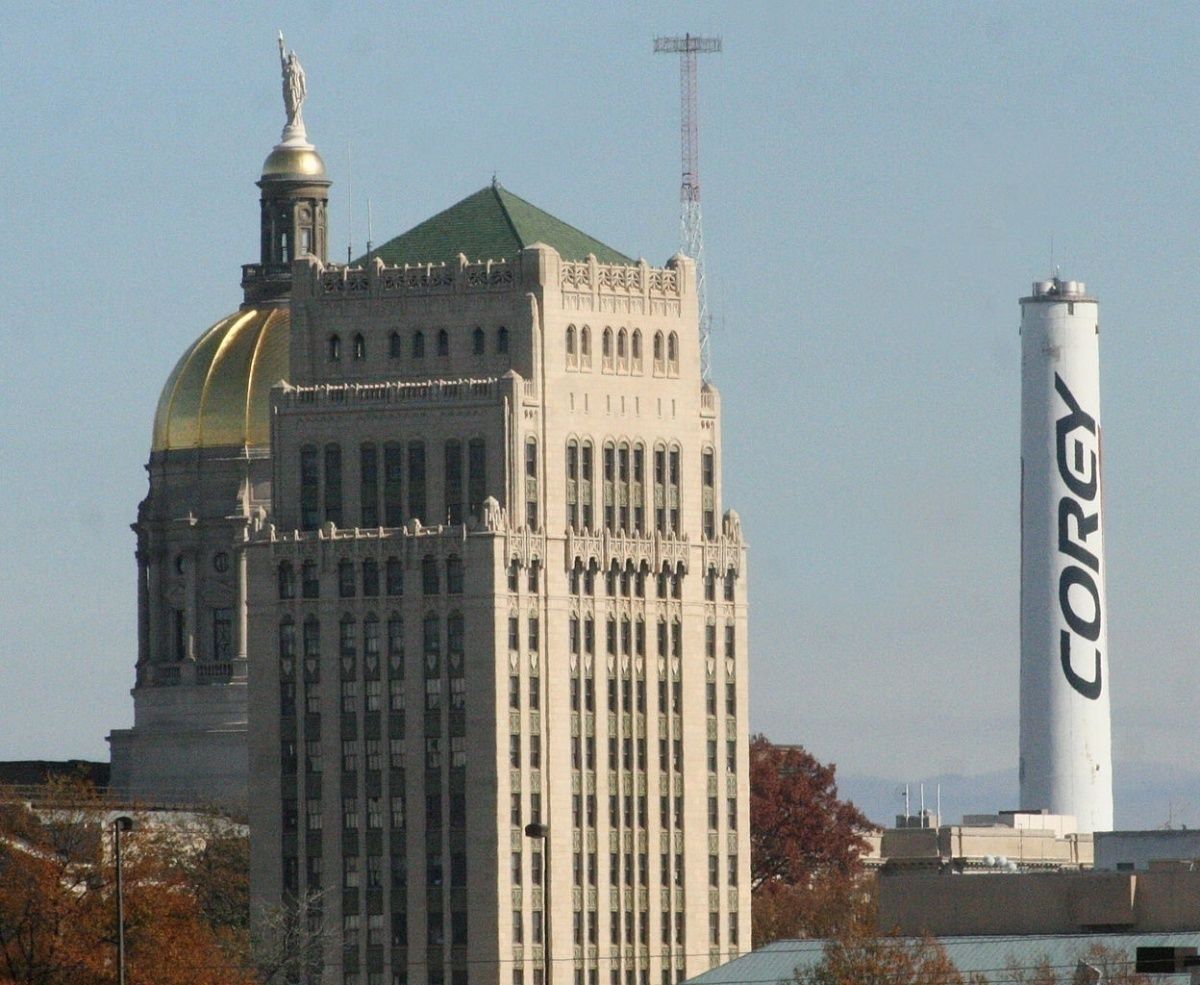Amid crashing demand for air travel and airlines canceling thousands of flights, Atlanta's Hartsfield-Jackson International Airport is moving to defer landing fee payments. Fees for April, May, and June will be deferred until the beginning of 2021, pending approval from the City of Atlanta.
Quiet times at an airport normally one of the world's busiest
Hartsfield-Jackson International Airport usually is one of the busiest airports in the world. Normally, there are up to 2,500 flights a day to hundreds of domestic and international destinations. The airport is a hub for Frontier Airlines and Southwest Airlines and the home port of juggernaut Delta Air Lines. Delta alone typically operates over 1,000 flights a day in and out of Atlanta. But Delta Air Lines has cut its network-wide capacity by over 80%.
According to a report in The Atlanta Journal-Constitution, aircraft movements at the airport are down 77%, and many flights are operating with hardly any passengers.
Landing fees a money-spinner for airport
At the start of each year, Atlanta Airport sets a landing fee. The landing fee is determined at a rate per 1,000 pounds of maximum certified gross aircraft landed. The landing fees have a threefold purpose. First, the fee recovers the cost of operating and maintaining Atlanta's five runways, taxiways, and other areas of the airport. A portion of the landing fees is also used to pay for existing capital works projects. A further part is set aside for future capital works projects.
In the 2018 financial year, Atlanta's Hartsfield-Jackson International Airport collected USD$35,790,737 in landing fees. In the same year, approximately 450,000 aircraft landed at the airport.
As the landing fee is determined by weight, the landing fee paid by a fully laden Delta Airbus A350-900 would be significantly more than the fee paid by an Airbus A220-100.
Fees will be deferred, not waived
As Atlanta isn't waiving the landing fees, rather deferring them, this isn't revenue the airport is foregoing. But it is revenue deferred, and that will have a significant impact on Atlanta Airport's cashflow.
Not that this is necessarily a problem. The airport is owned by the City of Atlanta and operated by the city's Department of Aviation. In the 2018 financial year, the City of Atlanta had revenues of USD$2,370,931,000. According to the city's financial reports, aviation activities contribute over 31% of this revenue.
The plan to defer land fees remains a proposal. It needs to be approved by the City of Atlanta. But the plan comes from the airport's General Manager, John Selden, and he has successfully shepherded through the City rent relief plans for concessionaires and rental car companies.
When approving that, Andre Dickens, chair of the city council transportation committee, said;
"Essentially, this is a step to help businesses continue their services so they can keep people employed.”
Airlines will welcome further financial relief
Delta Air Lines, already dealing with plunging revenues amid evaporating travel demand, will welcome any financial relief. Individual relief packages provided by airports will supplement larger financial aid packages such as the CARES Act.
The 23 other passenger airlines that fly into Atlanta's Hartsfield-Jackson International Airport will also welcome the initiative by the airport. It is another example of the wider aviation industry coming together to get through the biggest crisis facing modern aviation.



